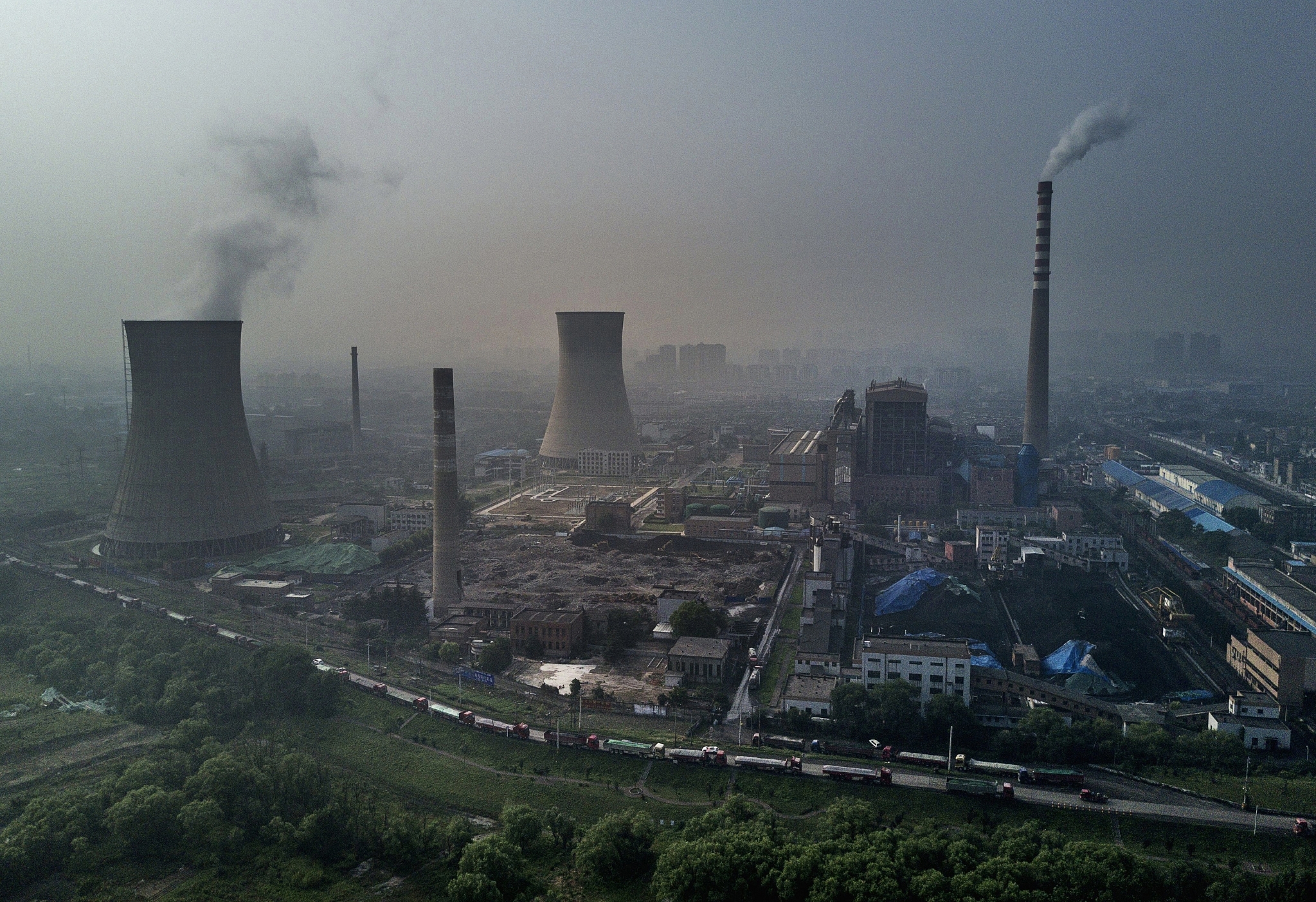Insta
China To Increase Its Nuclear Energy Capacity By 300 Per Cent, Set To Overtake The US By 2030

Photo by Kevin Frayer/Getty Images
Addressing the International Petroleum Week Conference in London earlier this month, International Energy Agency’s (IEA) Executive Director Fatih Birol spoke about China’s increasing nuclear energy capacity, set to go up by 300 per cent in the next two decades, thus overtaking the United State.
Expressing strong concern, Birol singled out the US and Europe for not investing and innovating enough in the realm of nuclear energy.
“China is coming back strong. Today, there are about 60 nuclear power plants under construction, and more than one-third of them are in China.” Birol said.
The US, which has been the leader in nuclear energy since the 1960s, has not been doing much to enhance its nuclear capacity, even though repeated rhetoric from the Oval Office about nuclear weapons is not uncommon. Alongside, lifetime extensions to existing nuclear power plants have either been delayed or rejected, further decreasing the US’ capacity. The story in Europe, where the French have led the nuclear bandwagon, is quite similar.
While China is estimated to overtake the US by the year 2030, it will be ahead of Europe by 400 per cent in terms of nuclear energy generation by the year 2040, figures from IEA suggest. With the focus on clean energy and rapid investments in renewables, China is changing course from a manufacturing economy to a service-based one. Bringing down the costs, increasing manufacturing, and innovating in clean energy, China is aiming to export its technologies and expertise across the world, replacing the conventional players like South Korea, Japan, and the US. Currently, under the Presidency of Donald Trump, the US is banking heavily on coal energy and oil production.
The IEA director added that nuclear energy could fuel 5 per cent of China’s power supply by 2040 from two per cent in 2016. China’s pursuit of nuclear energy can also be attributed to its objective of smog-free skies. With Xi Jinping at the helm of the affairs, and with no present rival to counter his policies, the world must take serious note of China’s (mis)adventures in the nuclear industry, for what they shall create fast, they shall export faster.
Introducing ElectionsHQ + 50 Ground Reports Project
The 2024 elections might seem easy to guess, but there are some important questions that shouldn't be missed.
Do freebies still sway voters? Do people prioritise infrastructure when voting? How will Punjab vote?
The answers to these questions provide great insights into where we, as a country, are headed in the years to come.
Swarajya is starting a project with an aim to do 50 solid ground stories and a smart commentary service on WhatsApp, a one-of-a-kind. We'd love your support during this election season.
Click below to contribute.
Latest